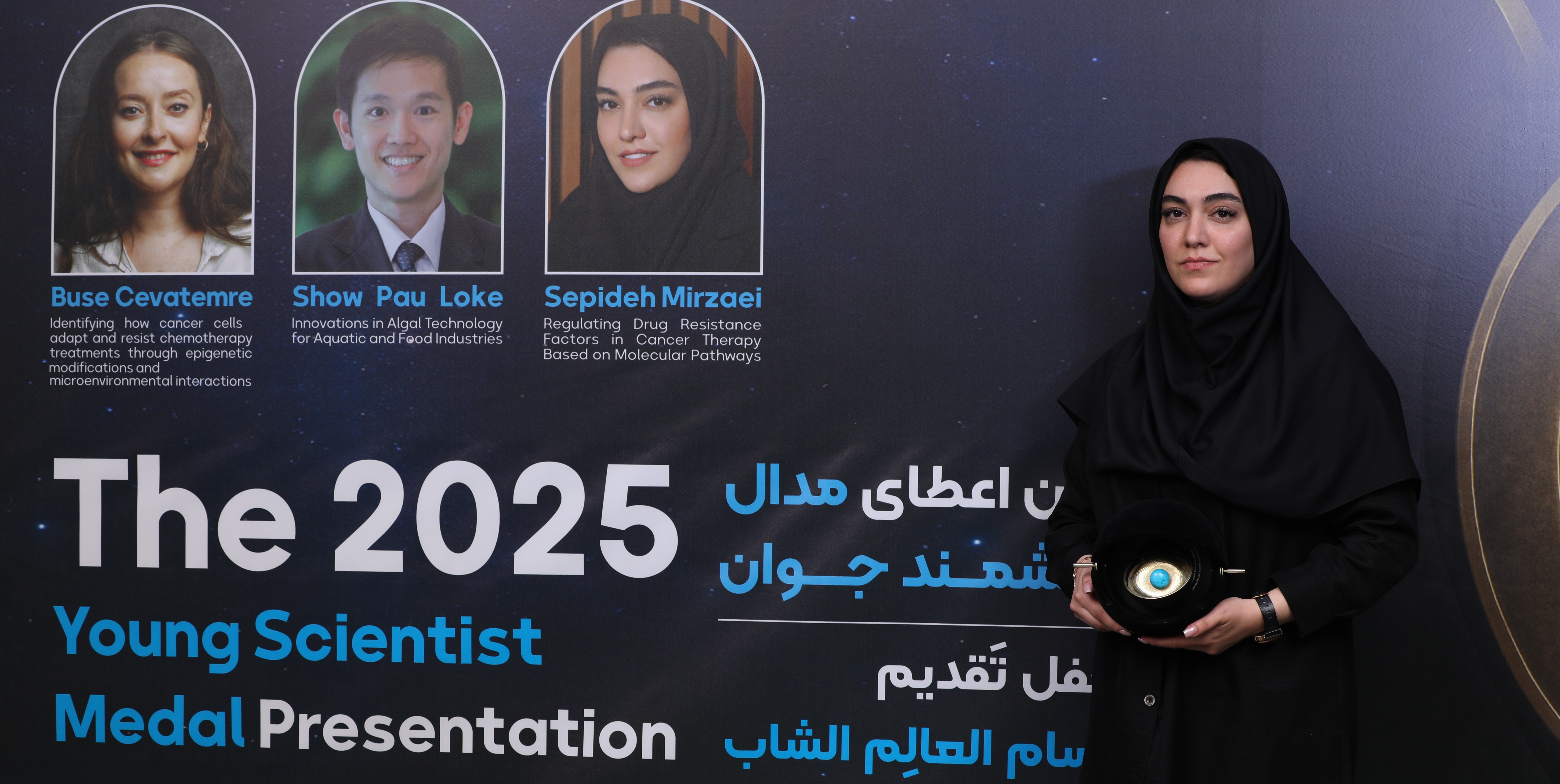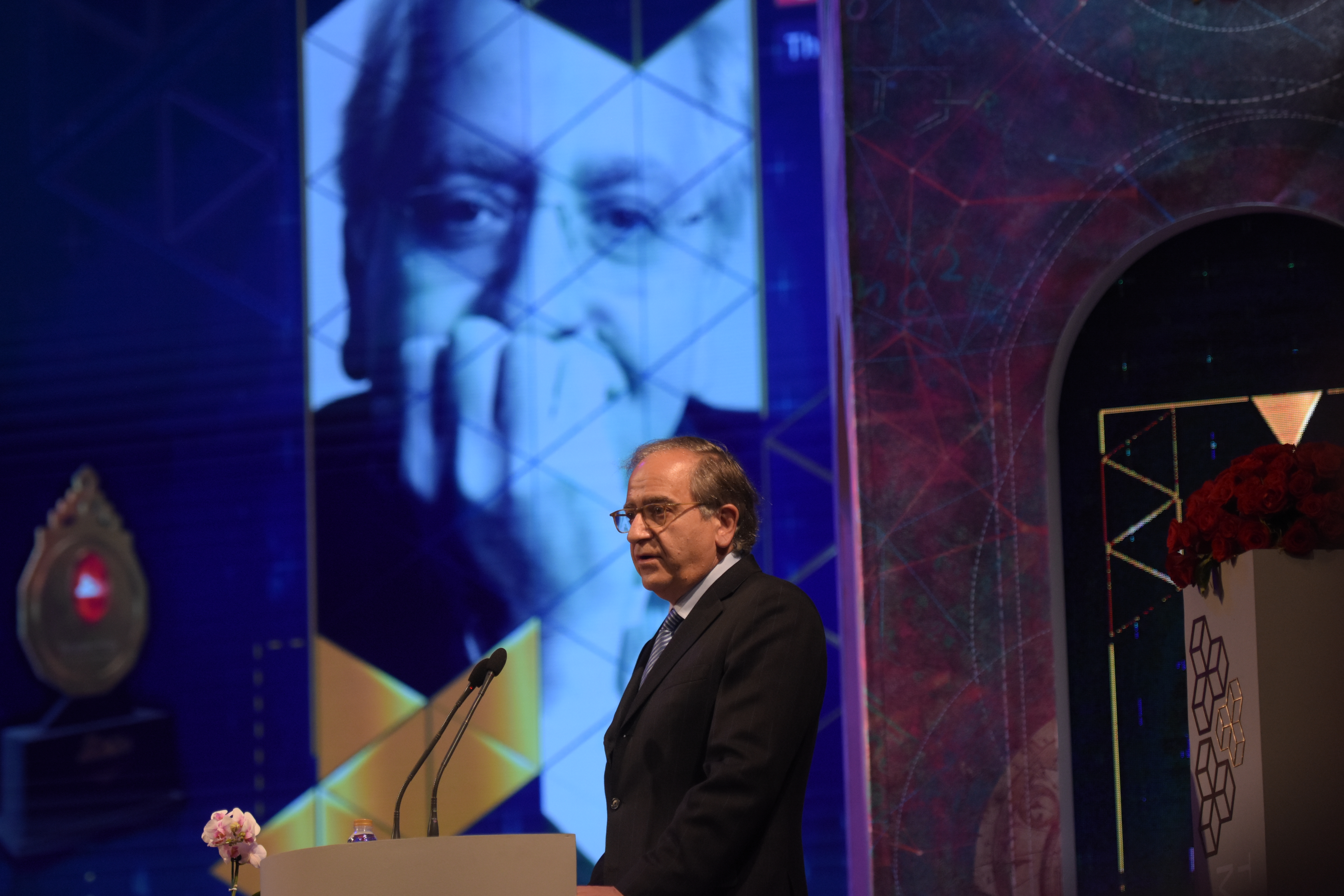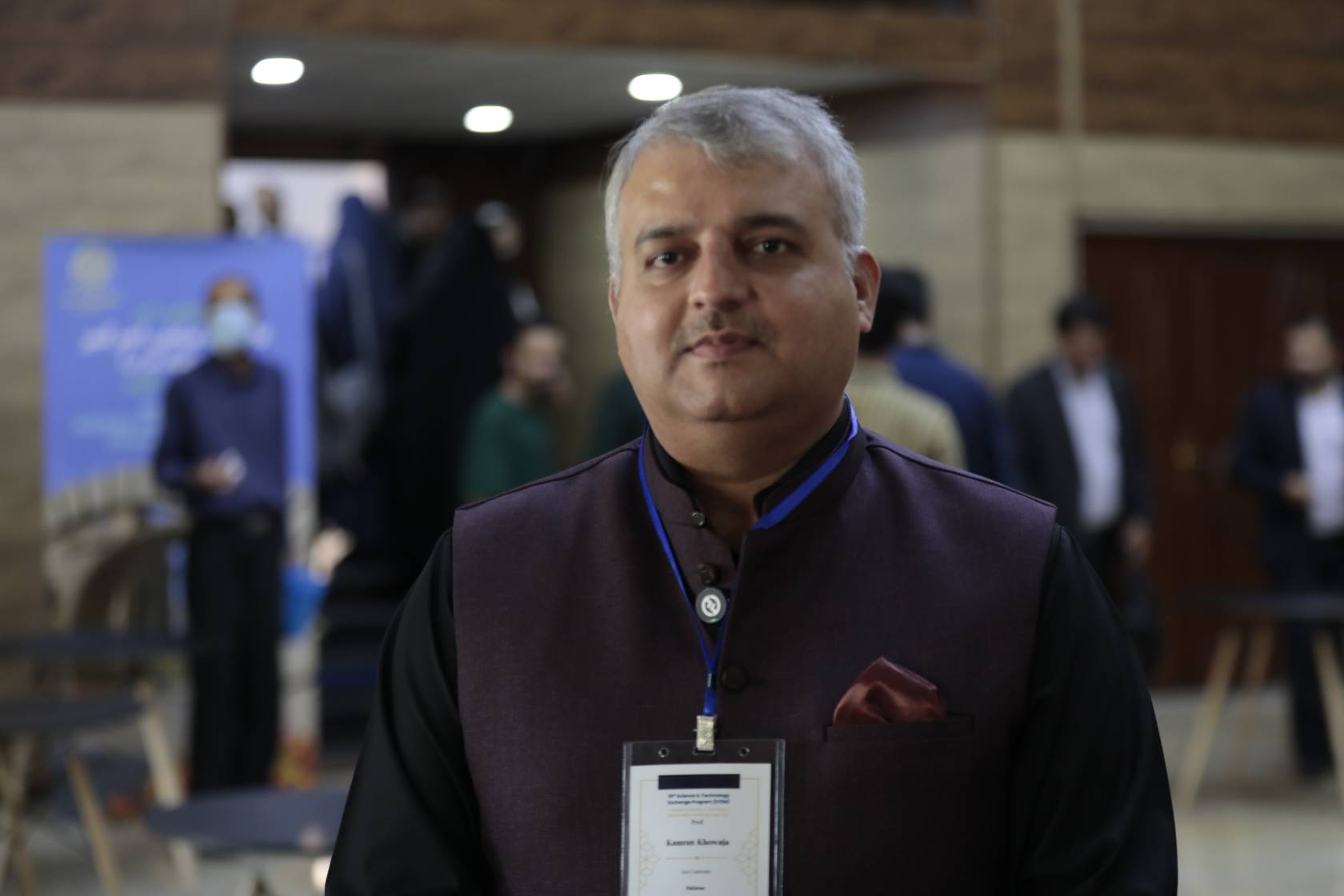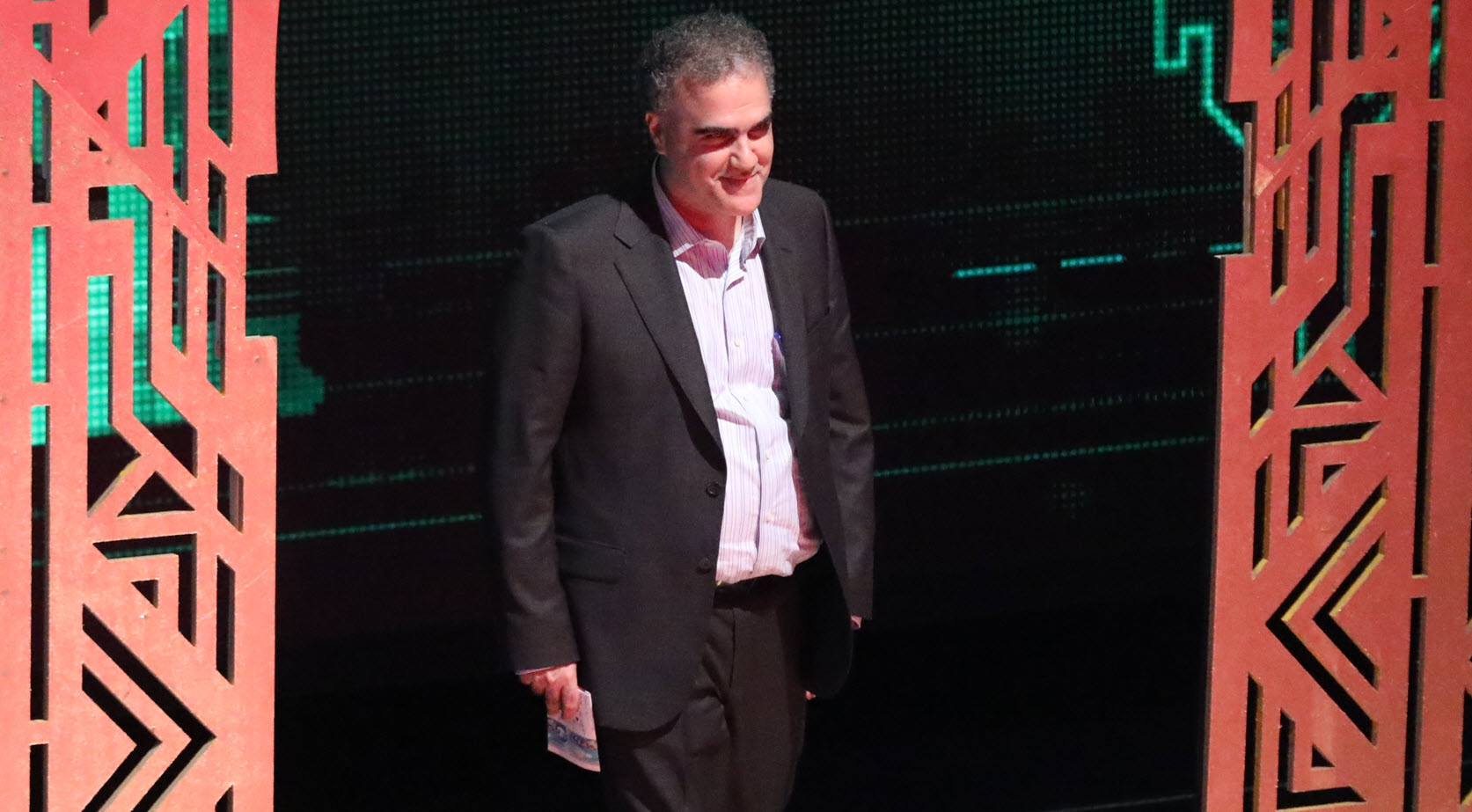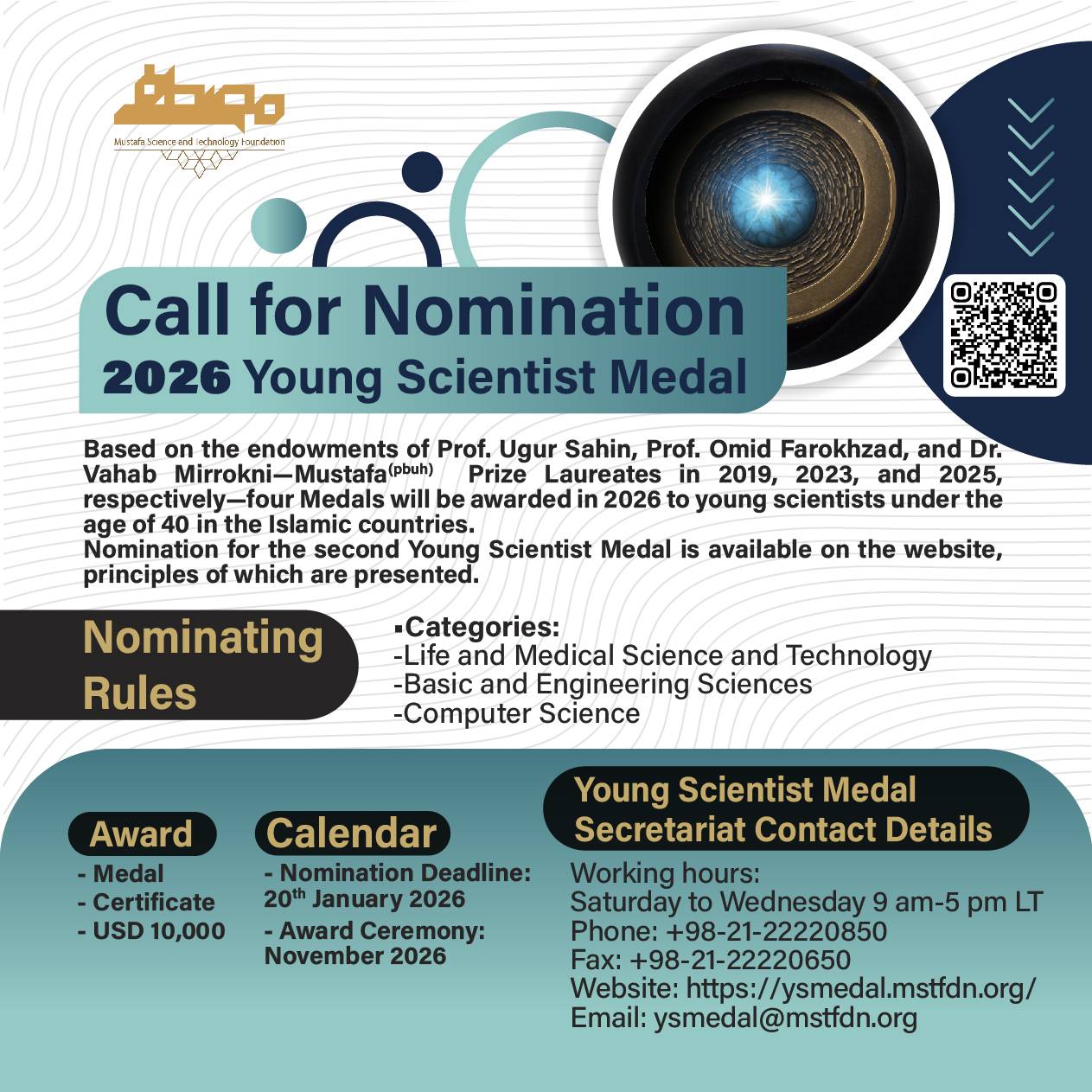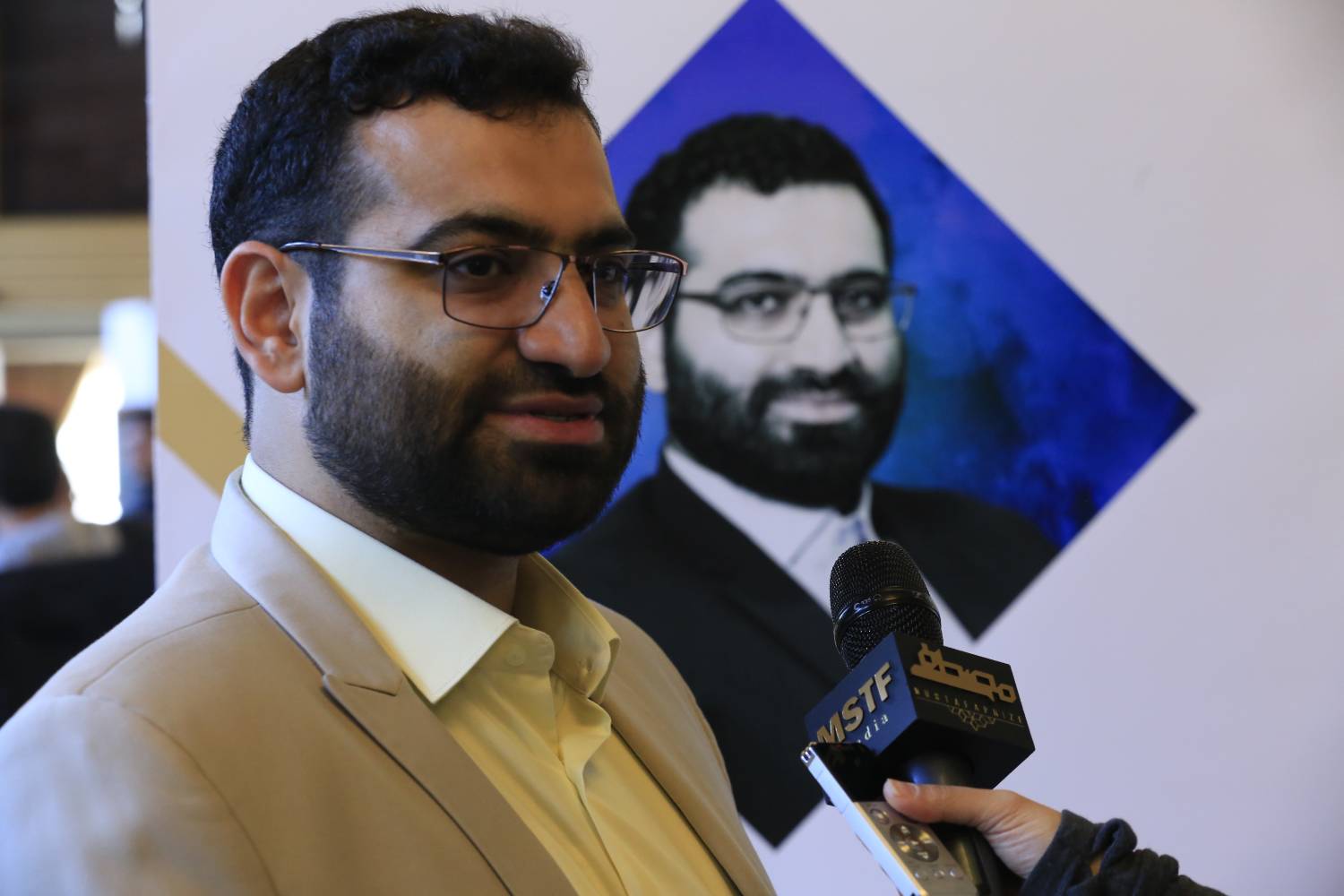Amirkabir University of Technology hosted leading scientists in engineering and technology from 36 countries as part of the international Science and Technology Exchange Program (STEP), on September 7.
MSTF Media reports:
At the opening ceremony for the 10th Science and Technology Exchange Program, Roohollah Bagherzadeh, the Director of Scientific and International Cooperation at Amirkabir University of Technology, pointed out that over the past two years, more than 36 international projects have been financially supported by the university.
“Next year, we will focus on future engineering or frontier engineering, medicine and other health-related issues,” Bagherzadeh stated.
He maintained that STEP, co-organized with Mustafa(pbuh) Science and Technology Foundation, seeks to create research workshops focusing on prominent scientists in the Islamic countries and around the world.
Stressing the significance of networking among scholars, he added: “Networking helps fulfill our international goals by making use of our capacities in the region to address the most vital needs of society and industries.”
“In the same vein, in today’s sessions professors of Amirkabir University and other prestigious universities in Iran will exchange opinions with their international counterparts regarding research projects to develop technology,” he added.
Bagherzadeh also referred to the university’s programs supporting international research projects, saying: In the past two years, more than 36 international projects have received financial support to strengthen the scientific capacities of our professors and students at the international level.
Bagherzadeh outlined the university’s scientific and technological priorities, noting: This year, Amirkabir University will place special emphasis on areas such as future engineering, frontier engineering, medicine, and issues related to human health. Accordingly, nine parallel working groups have been formed with the participation of more than 70 distinguished professors and researchers from 36 countries, focusing on challenging research topics projected for the next one to two years.
He went on to explain the role of STEP as one of the key initiatives of Mustafa(pbuh) Prize Week, stating: This platform brings together leading scientists and researchers from around the world with the support of the Mustafa(pbuh) Foundation to exchange views on international cooperation and the advancement of science and knowledge in the Islamic world.
Regarding the criteria based on which universities and invited professors are selected, he mentioned two factors: The first includes prominent scientists from the Islamic world, some of whom are recipients of the Mustafa Prize. The second includes professors and researchers with great scientific capacities from Muslim countries or Muslim scientists residing in other countries. The main goal is to make optimal use of these scientists’ high capacities to advance science and technology in the Islamic world.
He concluded by saying that this meeting is a valuable opportunity to create scientific synergy, form joint projects, and strengthen the position of the Islamic world in the global arena of science and technology.
